The Australian Financial Review on October 1 2019 contained an exclusive report on consulting firm (paywalled) Deloitte’s approach to mental health at work matters coinciding with National Safe Work Month. The original document is unlikely to be publicly released but Edmund Tadros‘ report provides some quotes and insights. The initiative seems very positive until you consider it in light of organisational changes recommended to control and prevent this psychological hazards from Safe Work Australia (SWA) guidance.

Tadros quotes Deloitte’s Australian CEO Richard Deutsch:
“Mr Deutsch said in the message that individual differences could mean “what I find stressful you may find motivating, and vice versa. I don’t want anyone to feel their health and wellbeing is compromised because of work”.
This broad statement fits with the employer’s duties under occupational health and safety (OHS) laws, so it’s a good start. But doubts about the strategy start to emerged when Deutsch mentions workload, a contentious issue for Deloitte’s junior staff:

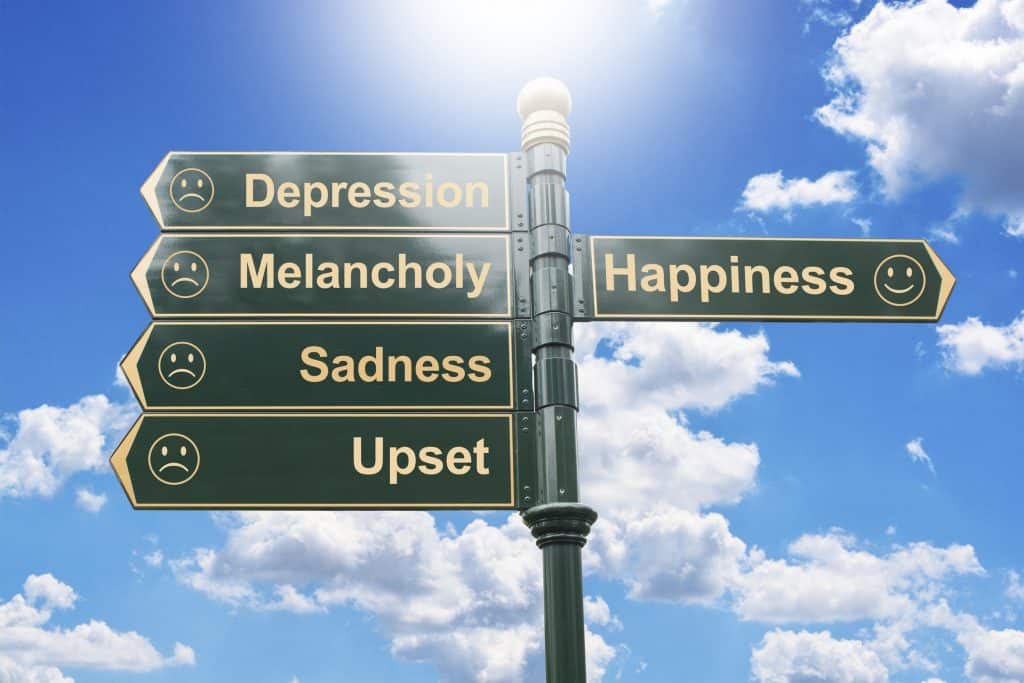
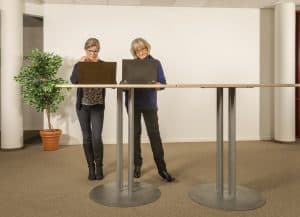 The
The 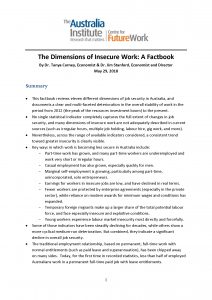 The Australia Institute
The Australia Institute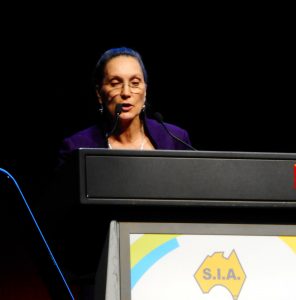
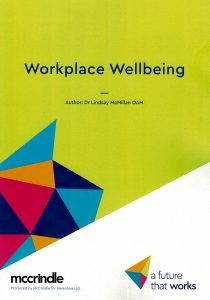
 On 1 June 2015 Australia’s Radio National broadcast a discussion about the
On 1 June 2015 Australia’s Radio National broadcast a discussion about the